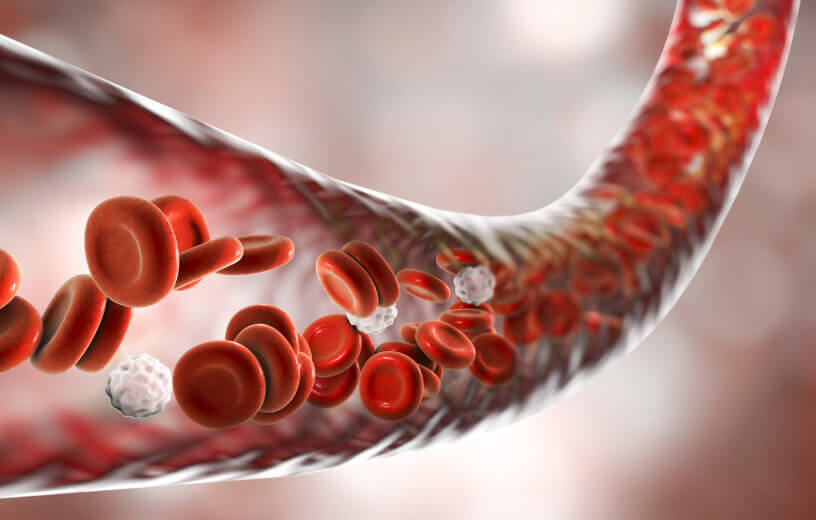LOS ANGELES — Time is often experienced differently depending on the situation. A Monday morning that stretches on forever for one person may be over in a flash for another. Now, a new study finds that men and women’s blood vessels appear to experience time and age at different rates. According to researchers at Cedars-Sinai Medical Center, women’s blood vessels, including both large and small arteries, age faster than men’s.
Statistically, women tend to develop different forms of cardiovascular disease, and at different ages, in comparison to their male counterparts. The research team say their findings represent a major piece of the puzzle in terms of explaining these gender-centric cardiovascular dissimilarities.
“Many of us in medicine have long believed that women simply ‘catch up’ to men in terms of their cardiovascular risk,” says Dr. Susan Cheng, senior author of the study and director of Public Health Research at the Smidt Heart Institute at Cedars-Sinai, in a statement. “Our research not only confirms that women have different biology and physiology than their male counterparts, but also illustrates why it is that women may be more susceptible to developing certain types of cardiovascular disease and at different points in life.”
Utilizing data collected from various locations across the United States, the study’s authors performed a series of sex-specific analyses regarding measured blood pressure, considered a big indicator of one’s cardiovascular risk level. All in all, researchers examined over 145,000 blood pressure readings collected from 32,833 people, all of varying ages (5 to 98 years old). All of these measurements were taken over a 43-year period.
One’s risk of suffering a heart attack, stroke, or heart failure usually begins to rise with the onset of high blood pressure. With this in mind, the research team carefully investigated their dataset in hopes of identifying some time of pattern regarding when blood pressure starts to rise in large populations.
However, instead of comparing data from men directly to data from women, they opted to directly compare men to men, and women to women. It was this approach that facilitated the study’s major observation: the progression and evolution of female vascular function over time is quite different than that of men. Overall, the data showed women experience high blood pressure at much earlier ages than most men.
“Our data showed that rates of accelerating blood pressure elevation were significantly higher in women than men, starting earlier in life,” Cheng explains. “This means that if we define the hypertension threshold the exact same way, a 30-year old woman with high blood pressure is probably at higher risk for cardiovascular disease than a man with high blood pressure at the same age.”
These findings should help shape and adjust medical treatments for women, from a cardiovascular perspective, the research team say.
“Our women’s heart health experts have a long history of advocating for adequate inclusion of women in research and the need to both recognize and study sex differences in cardiovascular physiology and disease,” comments Dr. Christine Albert, founding chair of the newly established Department of Cardiology at the Smidt Heart Institute. “This study is yet another reminder to physicians that many aspects of our cardiovascular evaluation and therapy need to be tailored specifically for women. Results from studies performed in men may not be directly extrapolated to women.”
The study is published in JAMA Cardiology.
